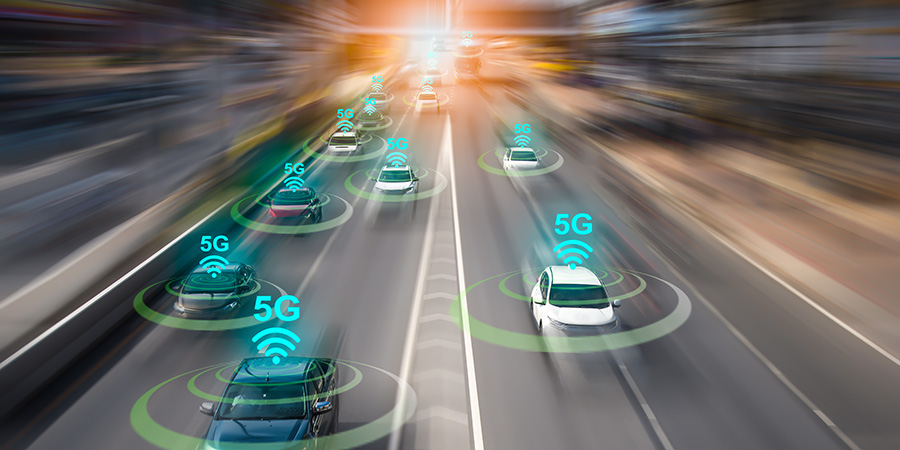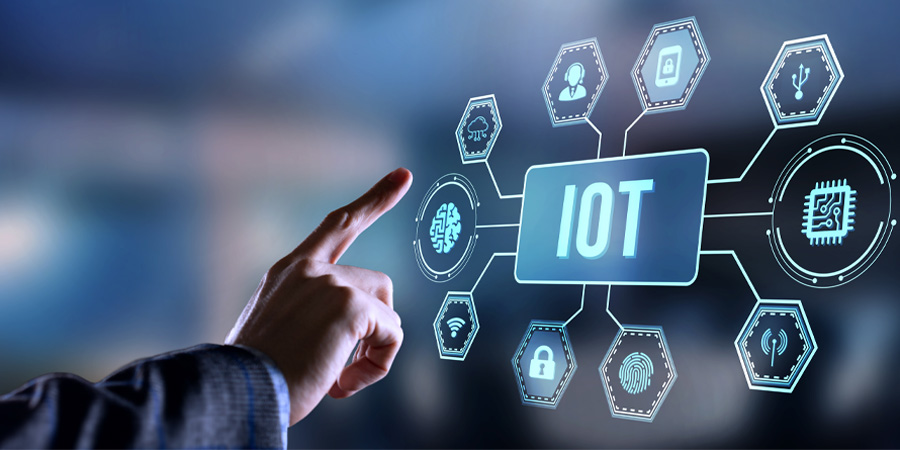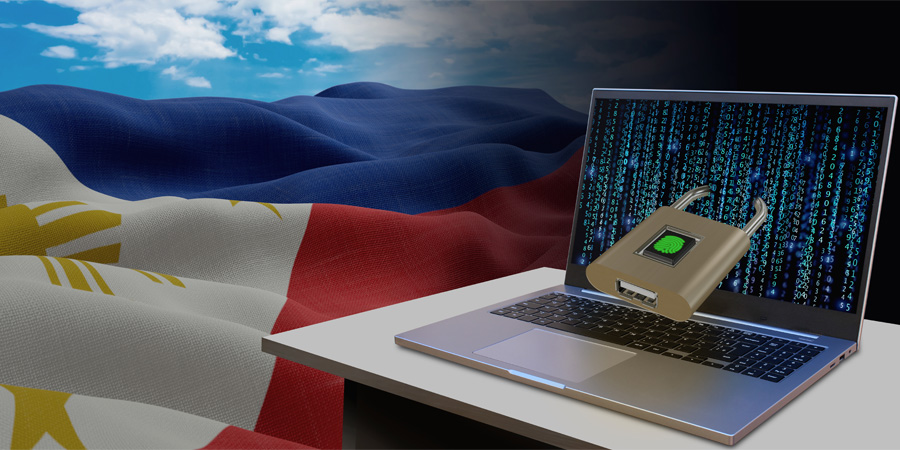Japan has been known for its technological advancement and expertise. The country is one of the pioneers when it comes to establishing smart cities.
Featured Articles
IoT and Telecom Networks Drive Modernization in India’s Agriculture
ExpiredIn the heart of India's vast agricultural landscape lies opportunity, waiting to be unlocked through technological innovation. Smart agriculture initiatives, fueled by the integration of Internet of Things (IoT) and robust telecom networks, are transforming the sector. With the world's second-largest population, India's agricultural sector plays an essential role in its economy, contributing significantly to employment and the overall GDP.
Using Quantum Networks to Improve Digital Communication in Southeast Asia
ExpiredThe advancement of technology has unlocked numerous possibilities and facilitated the exponential growth of data exchange, not only in Asia but across the globe. Securing digital information and processing data quickly have become among the most essential factors when it comes to dealing with large amounts of data worldwide.
Enhancing the Asian Government’s Data Security and Resilience with Sovereign Cloud
ExpiredThe recent uptick in data breaches and cybersecurity threats has prompted governments around the world to adopt sovereign cloud solutions to enhance their data security and strengthen the resilience of their IT infrastructure.
5G-Enabled Smart Transportation Systems in Indonesia
ExpiredIndonesia, with its sprawling archipelago and rapidly urbanizing population, faces significant challenges in its transportation infrastructure. The integration of 5G technology offers a transformative opportunity to develop Smart Transportation Systems (STS) that promise to enhance mobility, reduce congestion, and promote sustainable urban growth.
Are You Ready for the 18th Telecom Review Leaders’ Summit?
ExpiredSet for another memorable gathering in December 2024, get ready to capture, connect and collaborate with global industry leaders within the conference halls and demo area of the 18th Telecom Review Leaders' Summit.
Exploring the USD 446.00 Million Thailand Cybersecurity Market in 2024
ExpiredDespite growing concerns about cybersecurity in Thailand, the market is undergoing a transformative shift, presenting both significant growth opportunities and notable challenges. With the market size estimated at USD 446.00 million in 2024 and projected to reach USD 871.71 million by 2029, the sector is poised for exponential growth, fueled by various factors reshaping the country's digital landscape.
Foreign Investment Surges in Vietnam's Expanding IoT Market
ExpiredVietnam's digital realm is witnessing an upward surge, with the Internet of Things (IoT) emerging as a pivotal sector in its technological landscape. Projections from the Vietnam Briefing indicate that the revenue from IoT ventures is set to exceed an impressive USD 13 billion by 2028, signaling the nation's promising trajectory in embracing digital innovation.
Boosting Asia’s Digital Transformation: The Rise of as-a-Service Models
ExpiredThe fast-paced technological advancement in the Asia Pacific is evident in the digital transformation of major businesses, organizations and government institutions. At the core of this progress is an essential technology that most organizations use to manage their digital infrastructures.
Data Privacy and Security Concerns in the Philippines Telecom Sector
ExpiredIn an age where data serves as the new oil, the Philippines faces a growing challenge in safeguarding the privacy and security of its citizens' information within the telecom sector. With the rapid advancement of technology and the proliferation of digital services, concerns regarding data privacy and security have become increasingly prominent.














